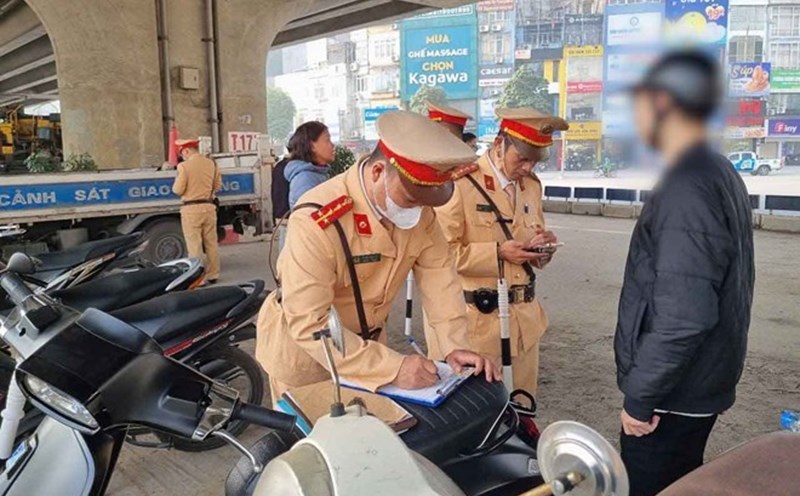Vietnam model
A recent report from the OpenGov Asia (Singapore) website stated that the United Nations Special Envoy for Technology Amandeep Singh Gill praised Vietnam's digital technology development during a meeting with Minister of Information and Communications Nguyen Manh Hung on January 6. The meeting took place at the Ministry of Information and Communications focusing on global digital cooperation, Vietnam's digital infrastructure, AI development and Vietnam's digital transformation journey.
Vietnam’s aspirations are clear: to become a global hub for digital talent, with a particular focus on AI, semiconductors, and digital transformation, notes OpenGov Asia writer Samaya Dharmaraj. With about 10% of the country’s 60,000 digital technology companies generating revenue from international markets, Vietnam’s digital ecosystem is expanding rapidly. Vietnam’s digital infrastructure has made significant strides, with broadband Internet covering 99.8% of the population, 85% of households connected to fiber optic networks, and widespread smartphone use.
UN Special Envoy for Technology Amandeep Singh Gill also acknowledged Vietnam's outstanding efforts in ensuring Internet connectivity for nearly all its people - an important achievement globally.
Notably, Special Envoy Amandeep Singh Gill proposed to include Vietnam in the Global AI Excellence Network of the Global Digital Compact. This network aims to help developing countries strengthen their AI capabilities by creating specific AI systems that can be used effectively in the local environment.
According to OpenGov Asia, Vietnam's approach to AI is unique in that it clearly distinguishes between public and private AI. While the Ministry of Information and Communications is developing AI tools to support government agencies, domestic technology companies focus on providing the necessary platforms and computing resources.
Pioneer, responsibility
OpenGov Asia noted that Vietnam and the United Nations discussed enhancing cooperation in digital transformation, innovation and sustainable development, focusing on leveraging international knowledge and experience to promote Vietnam’s technological growth, development goals and progress. The outcome of the latest visit of the UN Special Envoy for Technology is expected to further strengthen Vietnam’s role in the global digital landscape.
“Vietnam’s growing leadership in digital transformation, especially AI, positions the country as a key player in the global conversation on digital governance. As it continues to build on its successes, Vietnam’s participation in the GDC and the Global AI Excellence Network will play a key role in shaping the future of global digital cooperation,” noted writer Samaya Dharmaraj.
Earlier, in early December 2024, OpenGov Asia noted that the announcement of the establishment of the AI Ethics Committee by the Vietnam Software and IT Services Association (VINASA) has reinforced Vietnam's position as one of the pioneering countries in developing responsible AI policies. The AI Ethics Committee is tasked with guiding Vietnam's AI development journey, ensuring that this technology adheres to ethical principles, promotes innovation, and is consistent with social values.
Professor Yoshua Bengio, founder of the Mila AI Research Institute in Canada, praised Vietnam’s efforts and called it an important step forward in ensuring that AI in Vietnam complies with global standards of transparency, accountability, and social benefits. He stressed that this ethical approach is a key factor in promoting public trust in AI technology.











